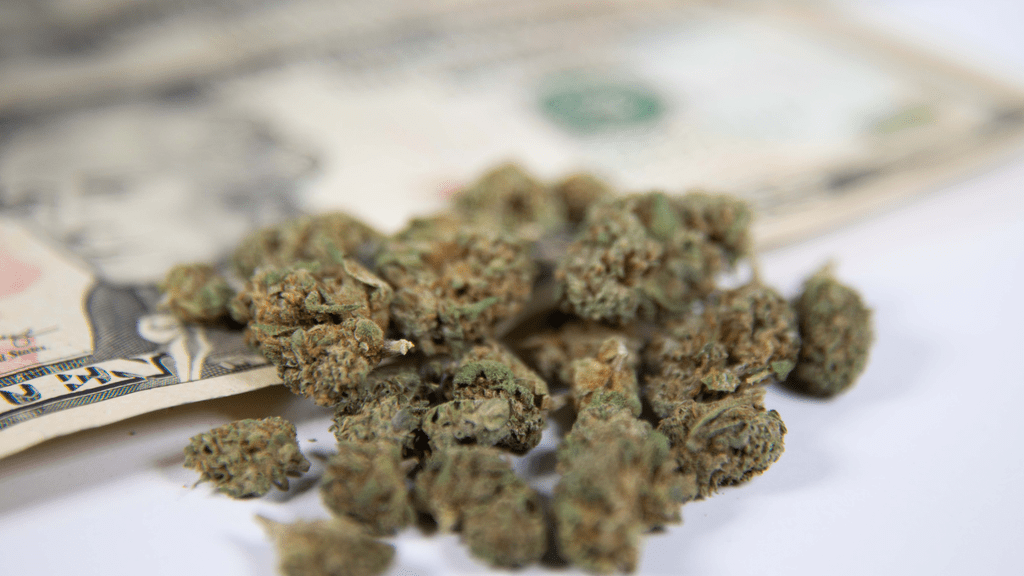Cannabis legalization has opened the floodgates for researchers to explore its impact on various facets of human behavior. Among the more intriguing inquiries is whether cannabis use increases or decreases gambling tendencies. This question touches on the intersection of psychology, consumer behavior, and public health—and its implications could shape regulatory frameworks for both industries. Let’s delve into the available research and consumer trends to better understand this connection.
The Psychological Connection Between Cannabis and Gambling
At its core, cannabis affects the brain by interacting with the endocannabinoid system, influencing mood, decision-making, and reward-seeking behavior. Gambling, similarly, activates the brain’s reward system, creating a sense of excitement and urgency to repeat the activity. This shared neural connection raises questions about whether cannabis users are more susceptible to gambling or if the substance tempers risky behaviors.
One theory suggests that cannabis may lower inhibitions and increase impulsivity, potentially leading to higher gambling participation. On the other hand, cannabis’s well-documented calming effects might reduce the stress and excitement often associated with gambling, leading users to gamble less frequently or with lower stakes.
Consumer Trends: Cannabis and Gambling Industries
To understand consumer behavior, it’s essential to examine overlapping demographics. Both the cannabis and gambling industries tend to attract similar age groups, particularly adults aged 21 to 40. This overlap suggests that the behavior of cannabis users might provide insight into gambling habits.
Studies and surveys have revealed conflicting results. For example:
- Increased Gambling: A 2022 study published in Addictive Behaviors found that cannabis users were more likely to engage in gambling compared to non-users, especially in younger demographics. The study attributed this to increased impulsivity and thrill-seeking tendencies.
- Decreased Gambling: Conversely, anecdotal evidence from casino operators in legal cannabis states like Nevada and Colorado indicates that cannabis users often appear more relaxed and less inclined to take high-stakes risks compared to traditional gamblers consuming alcohol.
Experimental Findings: Controlled Studies
Controlled experiments provide more granular insights. For instance, a 2023 study conducted by a Canadian research team analyzed gambling patterns in individuals under the influence of cannabis. Participants engaged in simulated gambling tasks while sober and while using cannabis. Researchers noted that:
- Participants reported lower stress levels while gambling after consuming cannabis.
- They were less likely to chase losses compared to their sober counterparts.
- Risk-taking behavior varied by cannabis strain, with high-THC strains increasing impulsivity while CBD-dominant strains had a calming effect.
Cultural and Regional Differences
Cultural attitudes toward cannabis and gambling also influence behavior. In areas like Las Vegas, where both industries are prominent, anecdotal reports suggest that cannabis consumers may gravitate toward more social, less competitive gambling formats like poker or low-stakes slot machines. This contrasts with alcohol consumers, who are more likely to engage in high-risk games such as blackjack or roulette.
Implications for Policy and Regulation
Understanding the relationship between cannabis use and gambling tendencies has significant implications for policymakers. If cannabis increases gambling risk, regulatory measures—such as limiting cannabis consumption in casinos or requiring warnings about gambling behavior—might be warranted. Conversely, if cannabis reduces risky gambling, it could reshape the marketing strategies of casinos aiming to attract cannabis-friendly audiences.
A Nuanced Relationship
The relationship between cannabis use and gambling tendencies is complex and influenced by multiple factors, including dosage, strain, individual personality traits, and environmental context. While cannabis may heighten impulsivity in some users, its calming effects might deter others from engaging in high-stakes gambling.
Future research should focus on longitudinal studies and real-world observations to provide a clearer picture. In the meantime, consumers and regulators alike should remain aware of the potential interplay between these two industries and approach both with mindfulness and responsibility.

